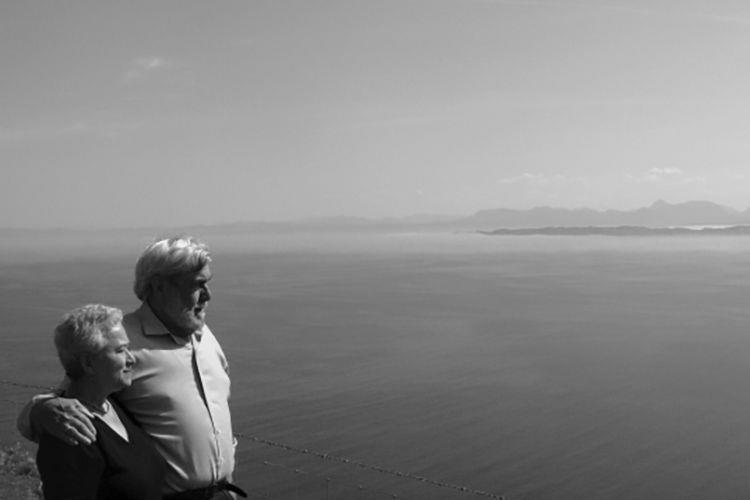Every week, the editors of The Paris Review lift the paywall on a selection of interviews, stories, poems, and more from the magazine’s archive. You can have these unlocked pieces delivered straight to your inbox every Sunday by signing up for the Redux newsletter.
Happy Valentine’s Day! This week, we bring you our 2015 Art of Translation interview with the husband-and-wife team Richard Pevear and Larissa Volokhonsky, Evan S. Connell’s famous story “The Beau Monde of Mrs. Bridge,” and William Leo Coakley’s poem “The Marriage of Dionysus and Apollo.”
A subscription to The Paris Review makes a great gift for that special someone. They’ll receive full access to our sixty-four-year archive and four issues of new interviews, poetry, and fiction.
Richard Pevear and Larissa Volokhonsky, The Art of Translation No. 4
Issue no. 213 (Summer 2015)
We actually met because of Russian literature.
“The Beau Monde of Mrs. Bridge,” by Evan S. Connell
Issue no. 10 (Fall 1955)
The black Lincoln that Mr. Bridge gave her on her 47th birthday was a size too long and she drove it as cautiously as she might have driven a locomotive.
“The Marriage of Dionysus and Apollo,” by William Leo Coakley
Issue no. 72 (Winter 1977)
They gave themselves themselves, it was a marriage
that needed no review of sanctification …
If you like what you read, why not become a subscriber? You’ll get instant access to our entire sixty-four-year archive, not to mention four issues of new interviews, poetry, and fiction.
from The Paris Review http://ift.tt/2F1s1Bg

Comments
Post a Comment